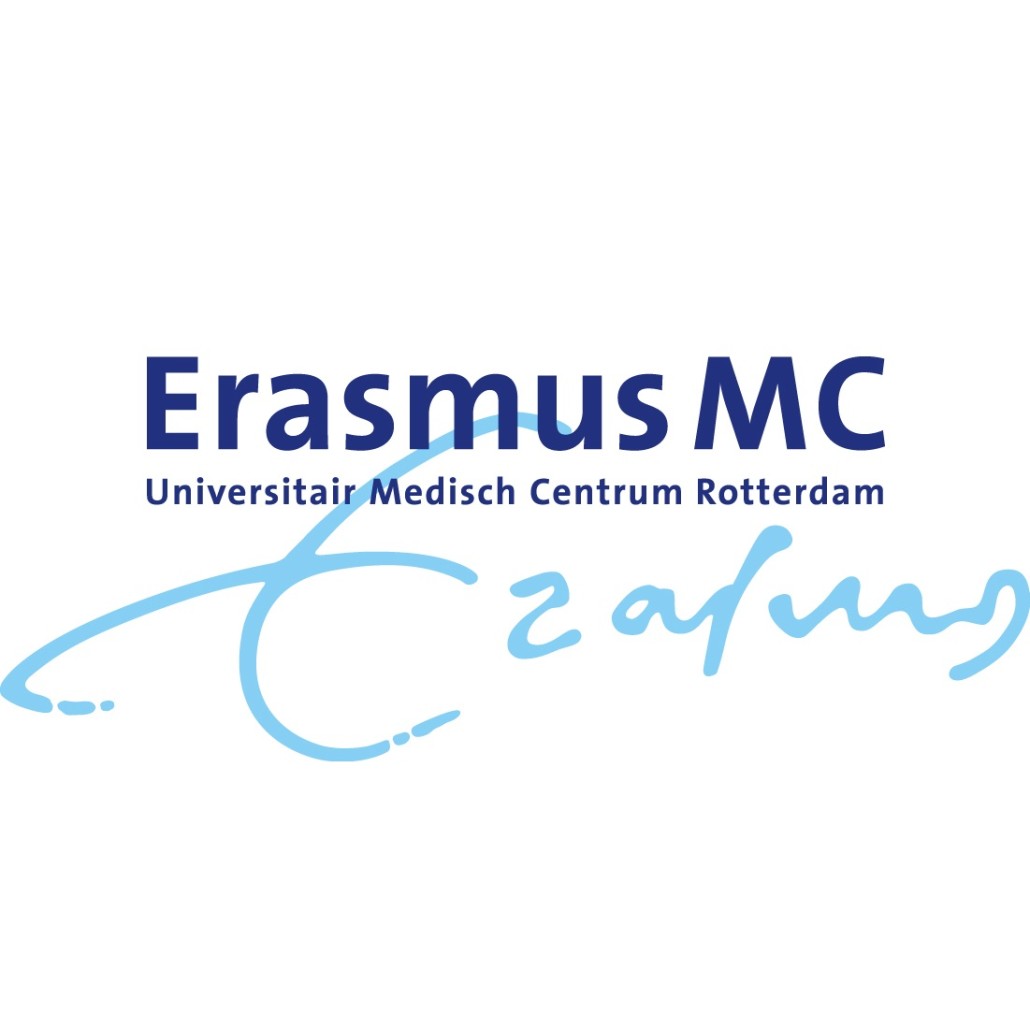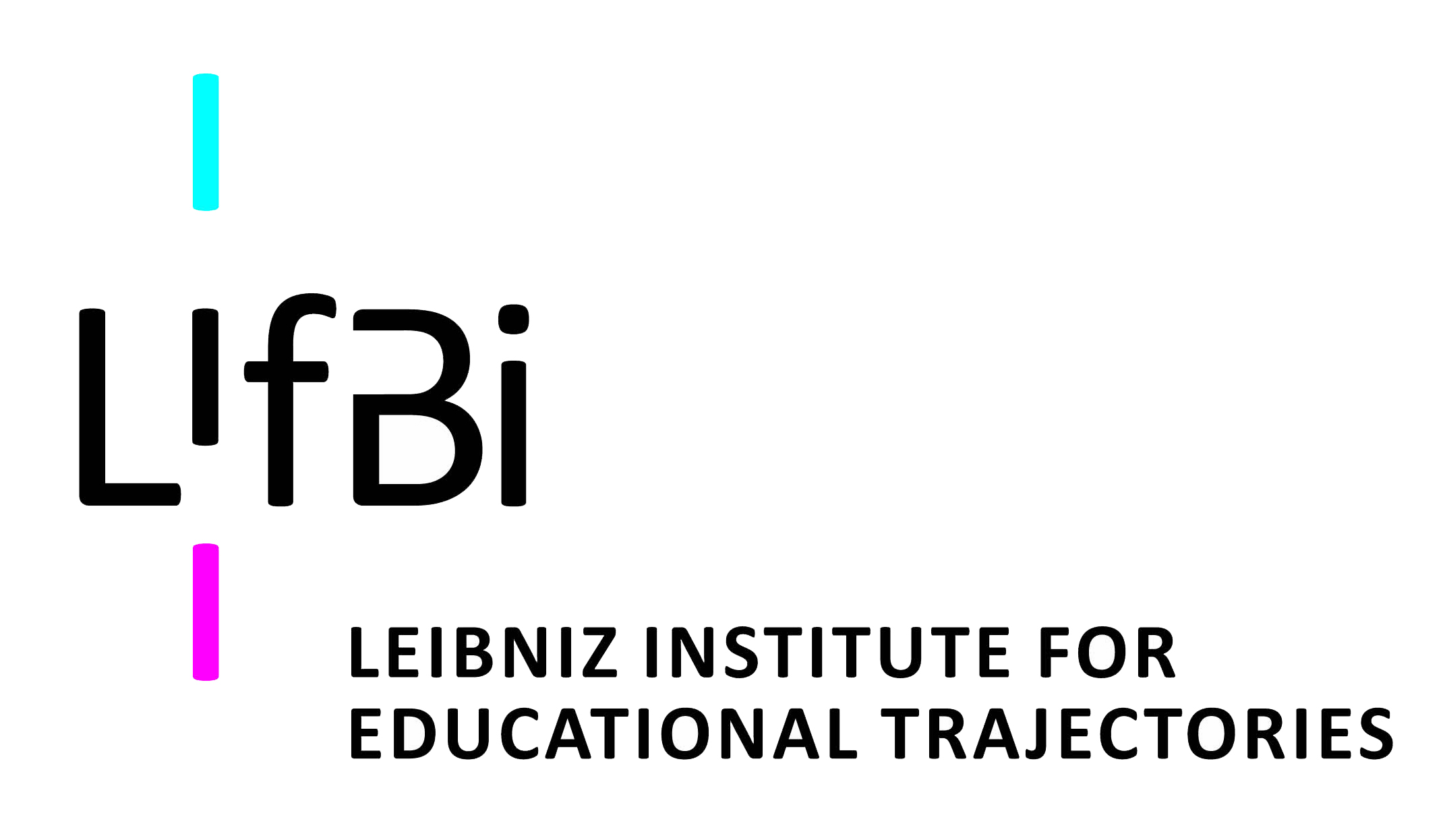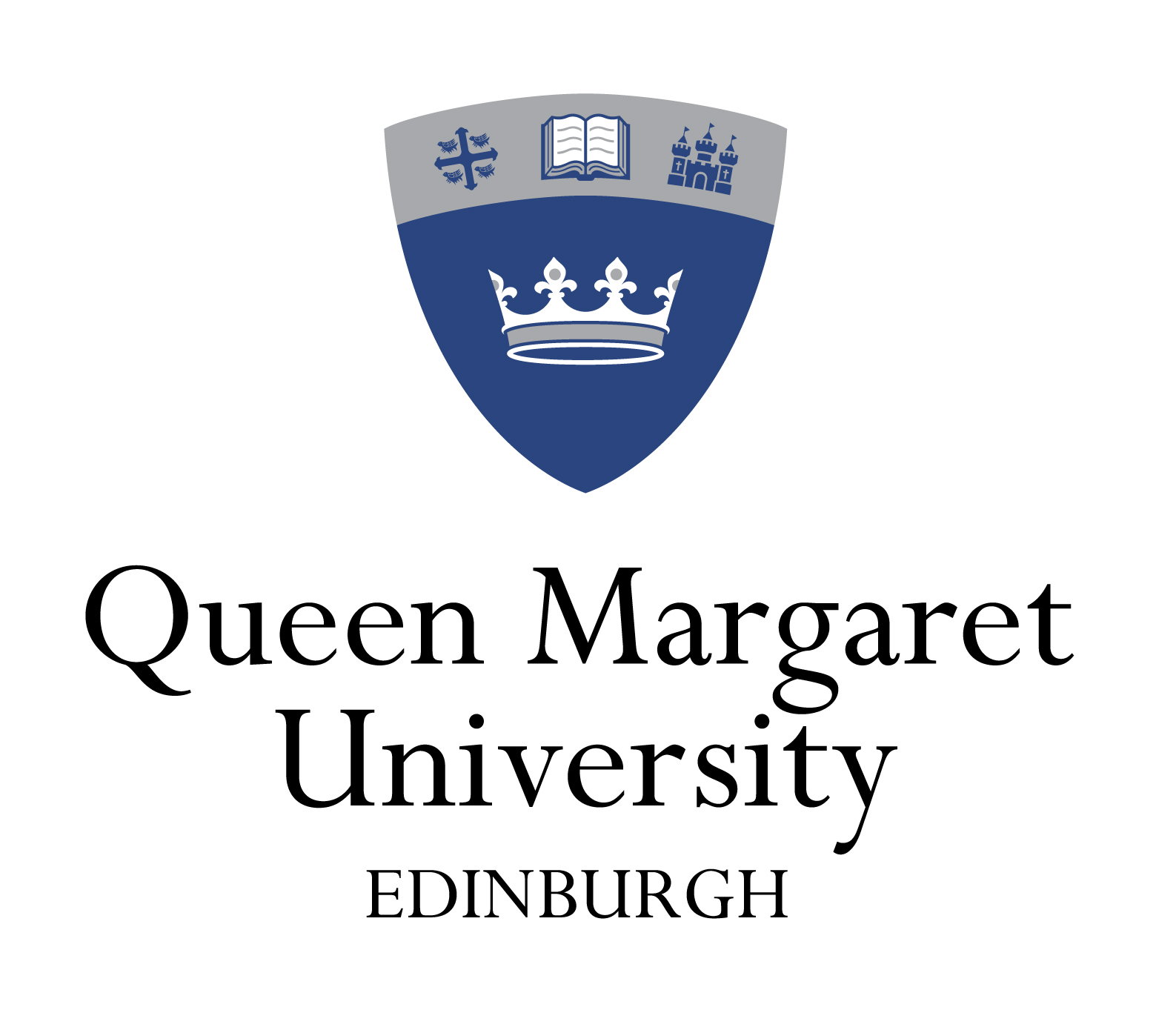News, Blogs & Events
Planting the seeds of understanding
The SEED research programme started in January 2018 but the SEED team had its first full meeting at Newcastle University at the start of March 2018. There are now sixteen members of the research team with six from the Erasmus MC in Rotterdam Netherlands led by Dr Marie Christine Franken, six from the University of Bamberg and the LiFBi Institute in Bamberg led by Professor Sabine Weinert and Jutta von Maurice and four from the UK led by Professor James Law - three from Newcastle University and one from Queen Margaret University, Edinburgh. The teams are made up of experienced researchers postdoctoral and PhD researchers. As the title of the programme suggests "SEED:- Social InEquality and its Effects on child Development: A study of birth cohorts in the UK, Germany and the Netherlands" we will be working both on national datasets within our own countries and comparing the findings across countries where this is possible. This first meeting was for us to talk about the data we are proposing to use and discuss how we would like to carry out our analyses. The Dutch and German teams are both working with their "own" data using the Generation R and the NEPS / BiKs datasets respectively. In the UK we have a number of different national and regional cohorts to draw on including the Millennium Cohort Study, Growing Up in Scotland and the British Cohort Study (1970).
There was considerable interest in the role of parenting style and the role of siblings and the learning environment both inside and outside the home and the way that these do and do not affect children's development across the lifespan. Similarly many of the team were concerned with how maternal education increase for many mothers and the potential impact that this has on the child's behaviour and language development. One area which is likely to be a focus of many of the analyses is how some children's developmental trajectories change over time while others do not. What is it about the ones that change? Can we identify those most likely to change and what should be done about it. The German team had a considerable interest in the development of children from migrant families and they have specifically set up a parallel cohort to study these families, something which is not possible in the UK. While most of the studies will be using ordinary least square regression models we also hope to be using quantile regression predicting different levels of the outcome and in carrying out more complex analysis modelling the effects of interventions in these large birth cohorts.
We hope to use our analyses to feed into the work of policy makers in the EU and the in the UK. To do this we have linked into the work of important lobby groups with an interest in child development - specifically in the Child Poverty Action Group and The Communication Trust in the UK and the Leibniz Association in Brussels. We have already had interest expressed from senior people within the European Commission and will, we hope be meeting up with them to discuss out work in the near future. Finally, we have a number of international collaboration who were not there for our set-up meeting but who will come in in due course. Steve Barnett and Laura Justice from the US, Sheena Reilly and Cate Taylor from Australia and Michel Boivin from Canada.
In short, it was a very exciting meeting full of interesting ideas with lots of potential to make a contribution to policy related to early child development across Europe.
James Law
Programme Lead, SEED
Newcastle University, UK
Last modified: Tue, 01 May 2018 10:59:22 BST





